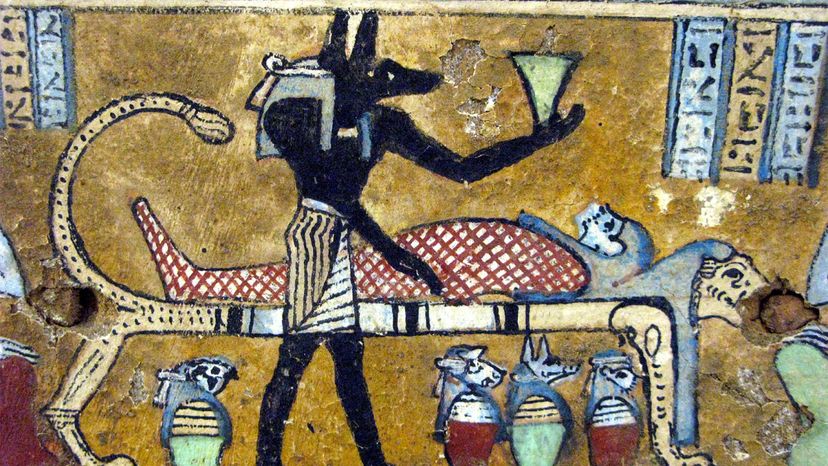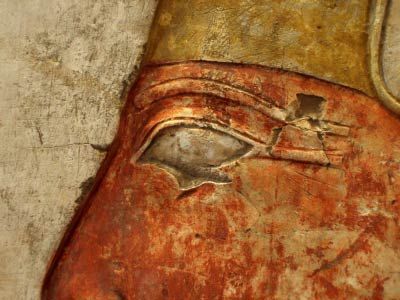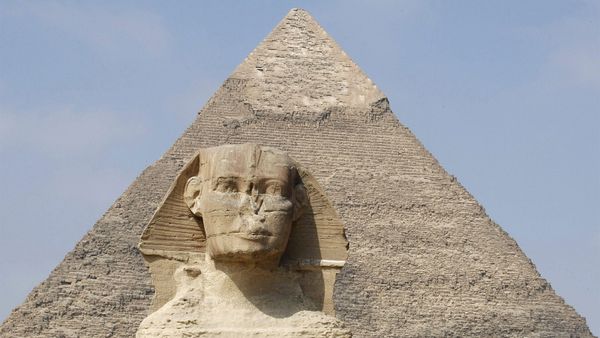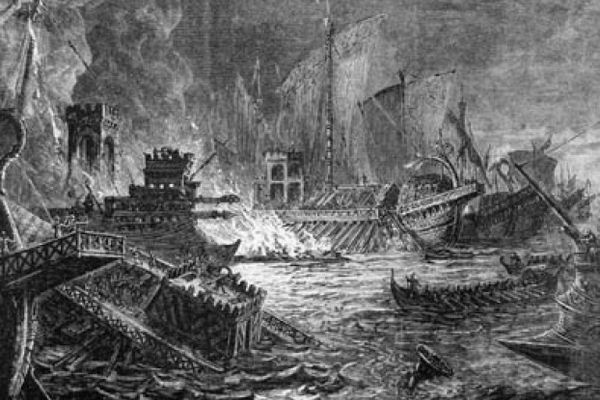
Death isn't exactly a comfortable topic of conversation in our modern culture. But in countless societies around the world and throughout time, death has been openly discussed, revered and even celebrated. Ancient Egypt is no exception — case in point, the deity Anubis, otherwise known as Inpu or Anpu, aka the god of death.
"Anubis is the Egyptian god of mummification, and one of the many deities related with the afterlife," says M. Victoria Almansa-Villatoro, Ph.D. candidate in Egyptology at Brown University. "He is usually depicted as either some sort of canid, or as a cynocephalus god."
Advertisement
Often represented by a man with the head of a jackal (cynocephalus literally means "dogheaded"), Anubis is said to have that feature because jackals specifically were associated with death and were known to lurk around cemeteries looking for meals of decomposing flesh. Ancient Egyptians hoped that by appointing Anubis as the patron deity of jackals, he'd act as a protector of the dead.
"Egyptians were very observant of their environment," Almansa-Villatoro says. "In most cases, the animal aspect of their gods is chosen due to a specific connection. Jackals are scavengers, and therefore they were probably seen very often wandering around the cemeteries while seeking food, or even digging corpses out, and maybe carrying body parts around! This probably resulted in one of Anubis's earliest epithets: 'the lord of the necropolis.' Furthermore, these canids would probably have meant a big problem for the first attempts at dead body preservation, since the animals were destroying burials and corpses. Therefore, it would have made sense for the Egyptians to worship a jackal god of mummification in order to keep jackals away from harming tombs."
Advertisement


